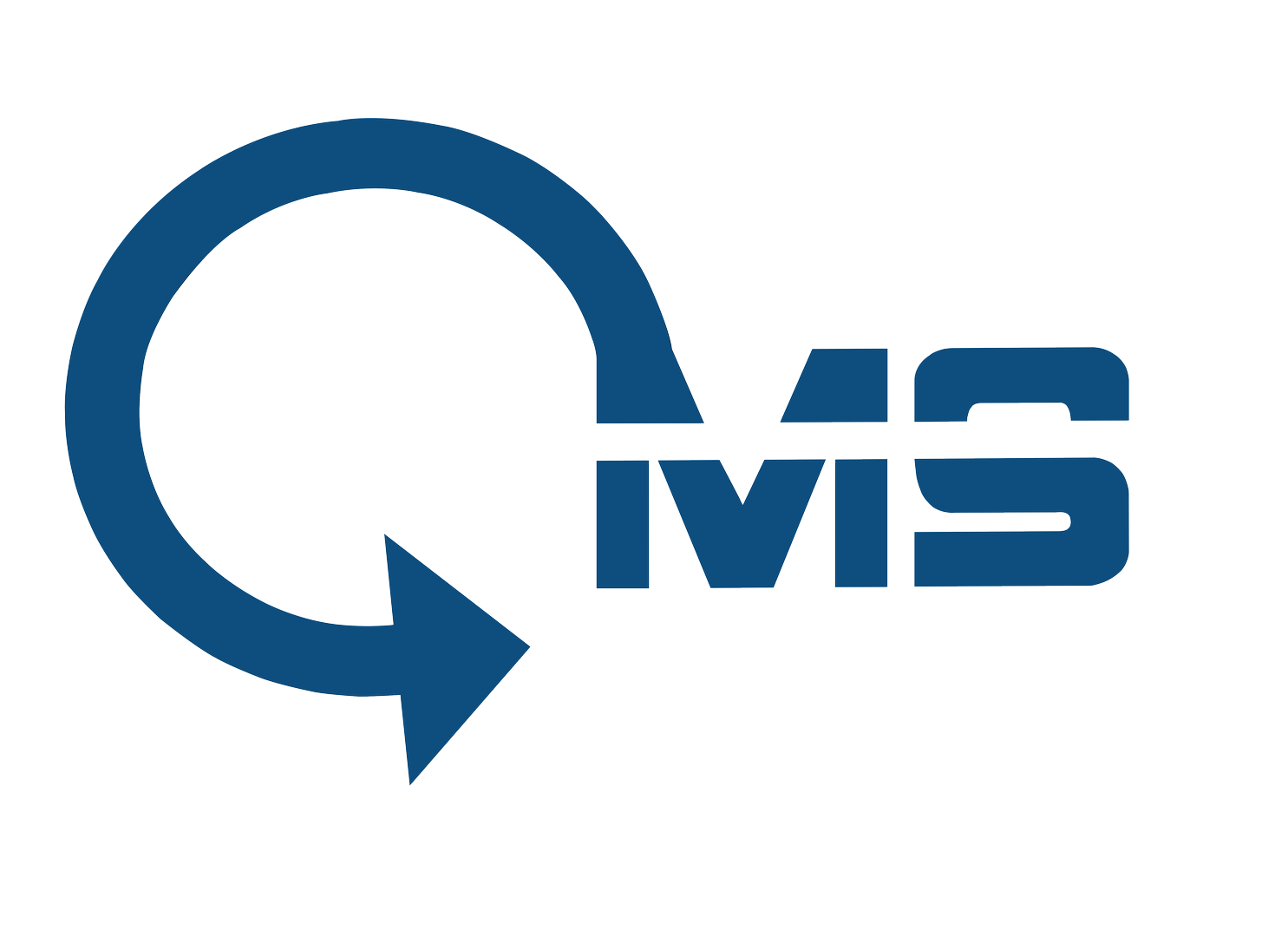
QMS Terms & Conditions
QMS Certification Services outline specific terms and conditions that clients must adhere to throughout the certification process. By understanding these terms clearly, businesses can ensure transparency in their operations and avoid any misunderstandings or disputes in the future.
Legal Compliance: The terms and conditions of QMS Certification Services often include legal requirements that clients must meet to maintain their certification status. By familiarizing themselves with these conditions, businesses can ensure they are operating within the boundaries of the law and mitigate any risks of non-compliance.
Compliance with ISO standards is not just about obtaining a certificate; it is about upholding a culture of quality within the organization. By understanding the terms and conditions of the QMS certification businesses can align their processes and practices with international standards, thereby enhancing the overall quality of their products and services.
ISO Certification is not a one-time achievement but a continuous journey towards improvement. The terms and conditions set by QMS certification often include requirements for ongoing audits, reviews, and updates to maintain certification. By embracing these conditions, businesses can foster a culture of continuous improvement and stay ahead of the competition.
Ultimately, understanding and complying with the terms and conditions of QMS Certification Services is essential for building trust and credibility with customers, partners, and stakeholders. By demonstrating a commitment to meeting international standards and following the guidelines set by QMS Certification businesses can enhance their reputation and differentiate themselves in the market.
Complying and continue complying with QMS Terms & Conations
The certified clients must follow to achieve and maintain certification. By adhering to QMS procedures, companies ensure compliance with international standards and demonstrate a commitment to management practices.
Mitigating Risks and Ensuring Continual Improvement: Failure to follow ISO certification procedures can expose organizations to various risks, including non-compliance, operational inefficiencies, and customer dissatisfaction. By following the prescribed procedures, companies can identify and address potential risks proactively, leading to continual improvement in their processes and systems. This proactive approach not only helps prevent certificate withdrawal but also enhances organizational resilience and competitiveness.
ISO certifications serve as a testament to an organization’s commitment to quality, environmental sustainability, information security, or other key areas. When organizations fail to follow ISO certification procedures, they jeopardize their reputation and erode the trust of stakeholders, including customers, partners, and regulatory bodies. By adhering to certification procedures, companies uphold their reputation as reliable and trustworthy entities in the market, thereby enhancing their brand value and market position.
ISO certifications are recognized worldwide and often serve as prerequisites for entering new markets or participating in international trade agreements. By following ISO certification procedures diligently, organizations can ensure the validity and recognition of their certifications across borders, facilitating access to global markets and unlocking new business opportunities. Failure to comply with certification procedures can result in certificate withdrawal, limiting a company’s ability to expand its reach and compete effectively on a global scale
The organization seeking to ISO Certificate shall allow to QMS Audit team to carry out the stages of audit as per planning and allow to visit sits and allow to review and check all records or documents as per standard requirements
The organization seeking to ISO Certificate shall Comply with all audit terms and conditions on time and avoid the miss planning to carry out the surveillance audit on time
The certified organizations shall notifying QMS Immediately if there is any fetal changes in they Management system Can affect the certification statues
The organization seeking to ISO Certificate shall notify QMS of any conflict of interest can cause impact on the cordiality or impartiality , transparency of ISO Certificates
The organization seeking to ISO Certificate shall pay the Registration Fee on time on as per agreed payment terms and conditions
QMS reserves the right to amend proposal if, in the view of QMS, the organization changes significantly prior to the date of any assessment
QMS reserves the right to amend the system review program if, in the opinion of the auditor, the client is not fulfilling its obligations defined in the standard to which certification has been granted
Non misuse of logo and symbols & follow Regulations and procedures
Misusing ISO logos and symbols can mislead consumers into believing a product is certified when it is not, eroding trust in both the certification process and the brand.
Misuse of these symbols can confuse consumers, leading to dissatisfaction, loss of trust, and potential safety risks if products do not meet the expected standards.
The misuse of ISO certification logos and symbols not only harms individual businesses but also undermines the integrity of the entire market.
Proper usage of ISO logos and symbols signifies a commitment to transparency and compliance with industry standards.
Proper usage of these symbols is essential to maintain a level playing field, where all companies adhere to the same standards and compete fairly based on merit.
The certified organization once approved and register in QMS Certification services shall follow QMS Procedure for non miss use of logo and symbol and it maybe lead to suspended or withdrawal they certificate and the conditions of use symbol detailed in the website .

